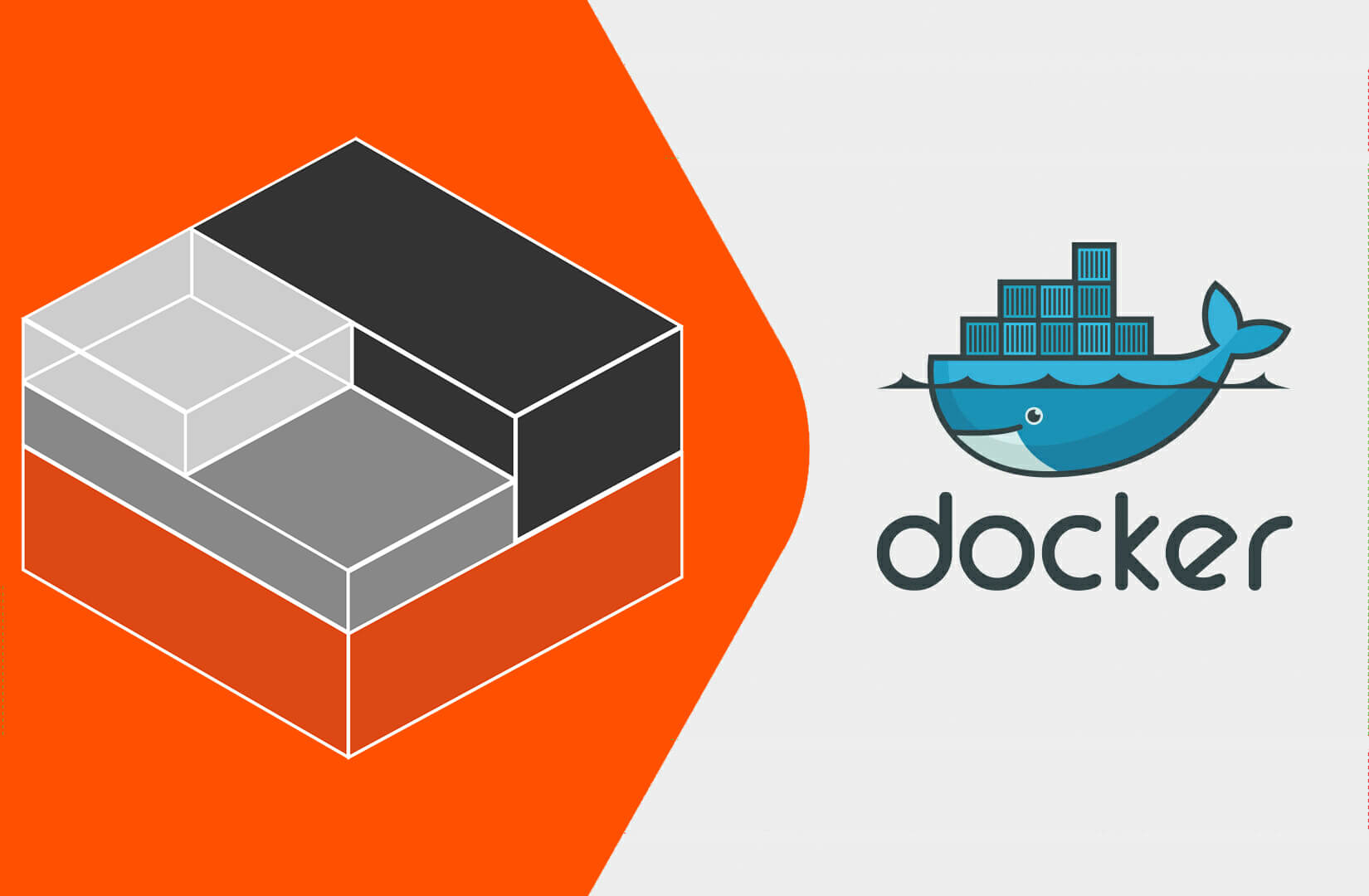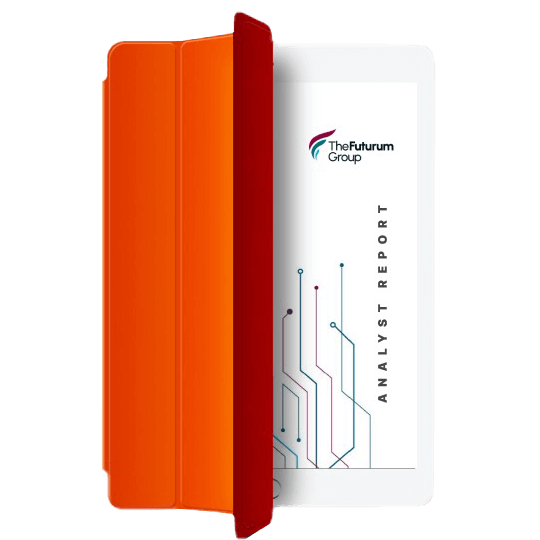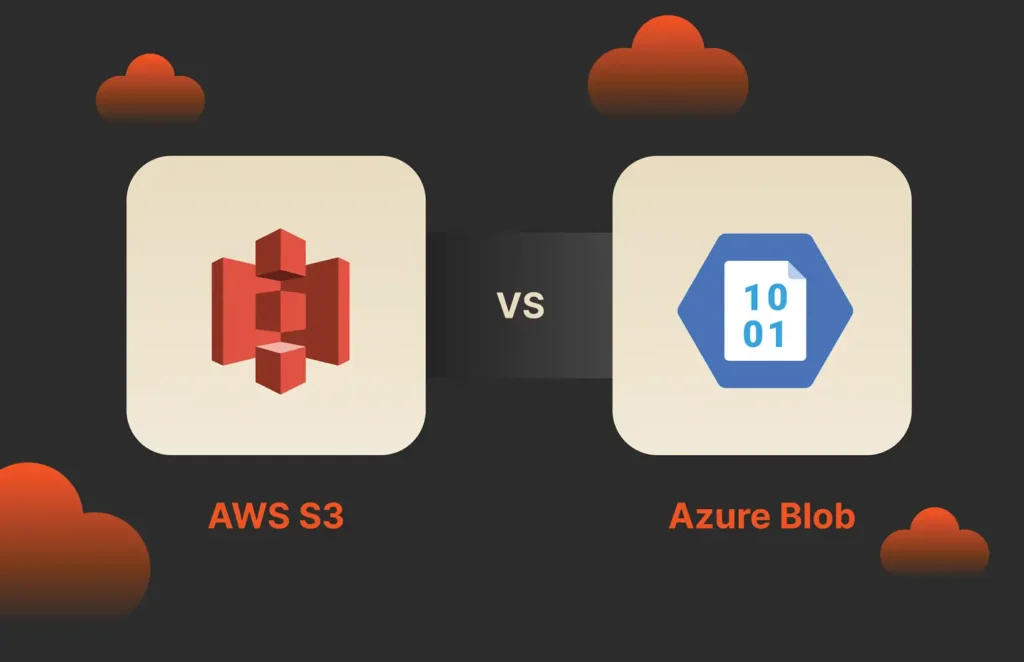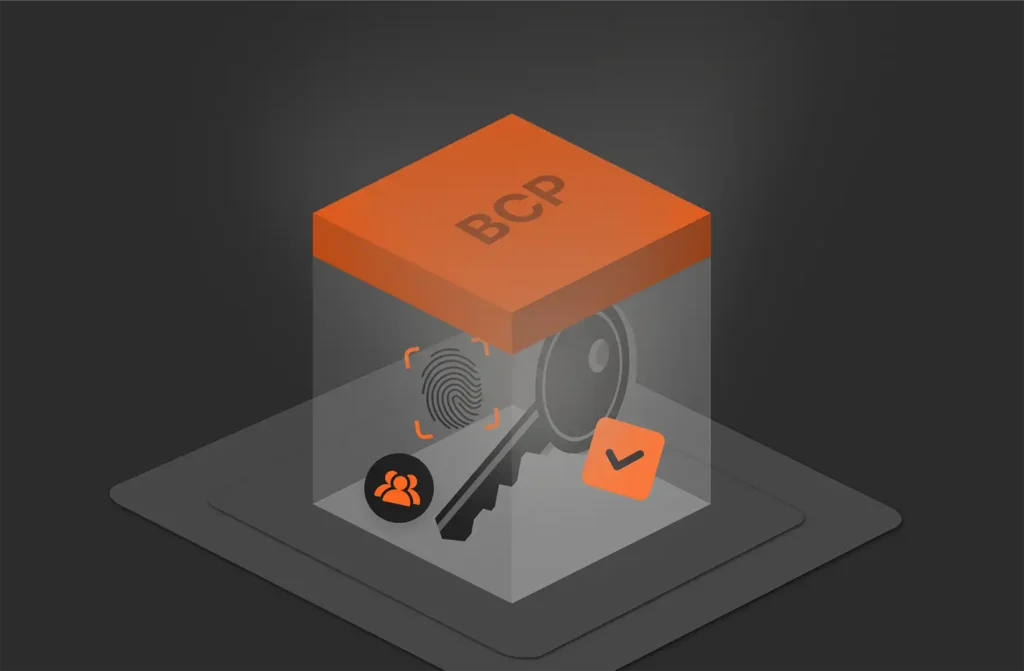Summary
Containerization is a popular technique in software development. Docker and LXC are two solutions that offer containerization, but they achieve it in different ways.
The landscape of application development has undergone a significant shift in recent years. Containerization has emerged as a powerful approach, enabling developers to package their applications with all their dependencies into isolated units. These units, called containers, ensure consistent and portable execution across diverse environments. But with this exciting technology comes a choice: Docker or LXC?
Choosing between Docker and LXC is pivotal in critical, efficient, scalable, and secure containerized environments for modern applications. The right containerization solution can significantly impact development workflows, resource utilization, and overall system performance.
This blog post aims to be your one-stop guide, dissecting the intricacies of both Docker and LXC. By the end of this exploration, you’ll have a clear understanding of when to leverage the power of Docker and when LXC might be a better fit.
What Is Docker?
For many developers, Docker has become synonymous with containerization. It’s an open source platform that provides a comprehensive toolkit for building, deploying, and managing containerized applications.
Docker revolves around the concept of “containers.” Imagine these containers as standardized shipping crates. Each crate packs an application along with all its dependencies (libraries, binaries, configuration files) into a single, lightweight executable package while sharing system resources and kernel with the host system.
This lightweight approach enables faster startup times, efficient resource utilization, and increased portability across different computing environments.
Here’s a closer look at some of Docker’s key features:
- Portability: Docker shines in its ability to move containers across different environments seamlessly. As long as Docker is installed, whether on Linux, Windows, or macOS, your containers will run consistently, eliminating compatibility headaches.
- Speed and efficiency: Unlike virtual machines that require entire guest operating systems, Docker containers share the host kernel. This translates to a significant boost in efficiency. Docker containers start up much faster and consume fewer resources, making them ideal for scenarios where rapid deployment and scalability are crucial.
- Isolation: Docker ensures isolation between containers, preventing applications from interfering with each other or the host system. This isolation creates a predictable and secure environment for your applications to run.
- Image registry: Docker Hub stores pre-built Docker images for countless applications and functionalities. This eliminates the need to build containers from scratch, saving developers time and effort.
- Orchestration: Docker, while primarily focused on individual containers, can also be used in conjunction with orchestration tools like Docker Swarm or Kubernetes to manage and scale complex deployments involving numerous containers.
The benefits of using Docker for containerization are numerous. Some of them include:
- Simplified development and testing: Developers can create consistent development and testing environments using Docker containers, ensuring their applications function flawlessly across different stages of the development lifecycle.
- Faster deployments: With pre-built images and streamlined container management, Docker significantly accelerates application deployments.
- Improved scalability: Scaling applications becomes effortless with Docker. You can easily spin up additional containers to handle increased load.
- Enhanced microservices architecture: Docker’s lightweight and portable containers are perfectly suited for building and deploying microservices-based applications, a popular architectural style in modern development.
What Is LXC?
While Docker has become the poster child for containerization, another technology, LXC (Linux Containers), has been quietly paving the way for isolated environments on Linux systems. Unlike Docker, which utilizes the host kernel for its containers, LXC operates at the kernel level. This distinction gives LXC a unique set of features and use cases.
LXC leverages Linux kernel features like namespaces and cgroups to create isolated containers. These containers can house a complete Linux environment, including their own user space and potentially even a separate kernel. Here’s a breakdown of LXC’s key features:
- Flexibility: LXC offers a more granular level of control over the container environment compared to Docker. You can configure nearly every aspect of the container, including its resource allocation (CPU, memory), network settings, and even the root filesystem.
- Security: Due to the potential for separate kernels, LXC containers can achieve a higher isolation level between containers and the host system. This enhanced isolation can be beneficial for security-sensitive applications.
- Resource control: LXC excels at fine-grained resource allocation. You can precisely define resource limitations for each container, ensuring efficient resource utilization and preventing resource hogs from disrupting other containers.
While Docker excels in ease of use and portability, LXC offers unique advantages, which include:
- Legacy application support: Running legacy applications that require specific system configurations can be challenging in modern environments. LXC’s ability to create lightweight virtual machines with their own environment makes it ideal for isolating and running these legacy applications.
- High-performance computing: LXC’s granular control and isolation capabilities can benefit specific high-performance computing (HPC) workloads. By precisely allocating resources and isolating containers, you can optimize performance and minimize interference between different tasks.
- Security-focused environments: LXC’s separate kernel capabilities become particularly attractive for deployments requiring maximum security and isolation. This can be relevant for industries or applications where enhanced security is paramount.
Docker vs. LXC: Performance Comparison
Choosing between Docker and LXC often boils down to a fundamental question: speed and simplicity versus control and isolation. While both technologies offer containerization, they achieve it in fundamentally different ways, leading to distinct performance characteristics.
Resource Usage and Efficiency
In terms of resource efficiency, Docker takes the lead. Since Docker containers share the host kernel, they boast faster startup times and lower resource consumption compared to LXC containers. This makes Docker ideal for scenarios where rapid deployments and scalability are crucial.
LXC containers, on the other hand, can be more resource-intensive. Due to their potential for separate kernels, they require additional resources to boot up and operate. However, the trade-off lies in the fine-grained control LXC offers over resource allocation. You can meticulously define resource limitations for each container, ensuring efficient resource utilization within the constraints of the available resources.
Speed
Docker’s lightweight nature and shared kernel translate to significantly faster startup times for containers. This speed advantage makes Docker perfect for rapidly deploying and scaling applications.
LXC containers, especially those with separate kernels, can take longer to boot up compared to Docker containers. This can be a minor consideration for long-running containers, but it becomes more noticeable in scenarios requiring frequent deployments or restarts.
Docker vs. LXC: Ease of Use
The ease of use of containerization technologies like Docker and LXC plays a critical role in adoption and operational efficiency. Let’s compare Docker and LXC in terms of installation, configuration, and management, including the availability of user-friendly interfaces, tools, and documentation.
Installation and Setup
Docker provides straightforward installation packages for various operating systems, including Linux, Windows, and macOS. The Docker Engine can be installed with a single command, and Docker Compose simplifies multi-container application orchestration.
LXC is typically available in Linux distributions’ package repositories and can be installed using package managers like apt or yum. However, LXC requires more manual configuration compared to Docker, especially when setting up container networks and storage.
Configuration and Management
Docker offers an intuitive command-line interface (CLI) and graphical user interface (GUI) tools like Docker Desktop for managing containers and images. Docker Compose allows users to define multi-container applications using a declarative YAML syntax.
LXC containers are managed using the lxc command-line tool, which provides fine-grained control over container configurations. While LXC offers powerful customization options, configuring networking and storage may require more manual intervention compared to Docker.
User-friendly Interfaces and Tools
Docker provides a rich ecosystem of user-friendly tools and interfaces, including Docker Hub for discovering and sharing container images, Docker Swarm for orchestrating container clusters, and Docker Desktop for local development.
LXC’s primary interface is the lxc command-line tool, which may have a steeper learning curve for users new to Linux containerization. However, LXC integrates well with existing Linux system utilities and can be extended using additional tools and scripts.
Documentation and Community Support
Docker enjoys the benefit of extensive and well-maintained documentation. A vast online community thrives around Docker, offering ample resources, tutorials, and forums for troubleshooting and support.
While LXC has decent documentation, it may not be as comprehensive or user-friendly as Docker’s documentation. The community surrounding LXC is smaller, though it still provides valuable support resources.
Docker vs. LXC: Isolation and Security
While containerization offers numerous benefits, security remains a paramount concern. Both Docker and LXC provide container isolation, but they achieve it in different ways, leading to varying levels of security posture. Let’s delve into how Docker and LXC handle isolation and security.
Isolation Mechanisms
Docker primarily relies on Linux namespaces and cgroups to isolate containers. Namespaces create separate views of system resources (processes, network, filesystem) for each container, limiting their visibility into each other’s processes and files. Cgroups enforce resource allocation limits (CPU, memory) for each container, preventing resource hogs from disrupting others.
LXC leverages similar techniques (namespaces, cgroups) but offers an additional layer of isolation: separate kernels. Each LXC container can have its own kernel, providing a stronger barrier between containers and the host system. This can be beneficial for security-sensitive applications.
Level of Isolation
Docker containers share the host kernel. While namespaces and cgroups provide isolation, a potential vulnerability in the host kernel could expose all containers running on the system.
With separate kernels, LXC containers achieve a higher level of isolation. Even if a vulnerability exists in the host kernel, it wouldn’t necessarily affect containers running with their own kernels.
Security Vulnerabilities and Concerns
Docker’s popularity makes it a bigger target for attackers. Since all Docker containers share the host kernel, a successful exploit could potentially compromise the entire system and all running containers. Additionally, security misconfigurations within Docker containers themselves can create vulnerabilities.
LXC’s smaller user base makes it a less frequent target. However, vulnerabilities can still exist in the LXC tools or the container’s own kernel. Security best practices remain essential for both Docker and LXC.
Docker vs. LXC: Ecosystem and Community Support
The ecosystem and community support surrounding containerization technologies like Docker and LXC significantly influence their adoption, extensibility, and overall usability. Let’s compare the ecosystem and community aspects of Docker and LXC, including pre-built images, plugins, integrations, and community size.
Ecosystem and Tooling
Docker boasts a robust ecosystem with Docker Hub as a central repository for sharing and discovering pre-built Docker images. Docker Compose simplifies multi-container application orchestration, while Docker Swarm and Kubernetes provide powerful orchestration tools for managing container clusters.
LXC integrates well with the broader Linux ecosystem, leveraging tools like libvirt and systemd-nspawn for container management. However, LXC’s ecosystem is more focused on core containerization features and lacks the extensive tooling and integration options available in the Docker ecosystem.
Pre-built Images and Plugins
Docker Hub hosts thousands of pre-built Docker images for various applications, frameworks, and services, making it easy for developers to leverage existing containers for rapid application deployment. Additionally, Docker supports a wide range of plugins for extending functionality and integrating with third-party tools.
While LXC containers can use standard Linux distributions as base images, the availability of pre-built images and plugins specific to LXC is more limited compared to Docker. Users may need to manually configure and customize LXC containers based on their requirements.
Community Support
Docker enjoys the benefit of a large and active global community. Numerous online forums, tutorials, and troubleshooting resources cater to developers of all experience levels. Additionally, major cloud providers like AWS, Azure, and Google Cloud Platform offer extensive support for Docker, making it a natural choice for cloud-based deployments.
While dedicated, the LXC community is smaller than Docker’s. Support resources can be more limited, and troubleshooting issues might require more digging through online forums or documentation.
Conclusion
For most general-purpose containerized applications, Docker remains the preferred choice due to its ease of use and broad adoption. However, for specialized use cases where performance and minimal overhead are critical, LXC presents a compelling alternative. Whether using Docker or LXC, it’s important to implement a persistent storage solution like Portworx® to complement the security and scalability that container technology offers.

Written By:
Try Portworx
Take a test drive in the virtual lab.







